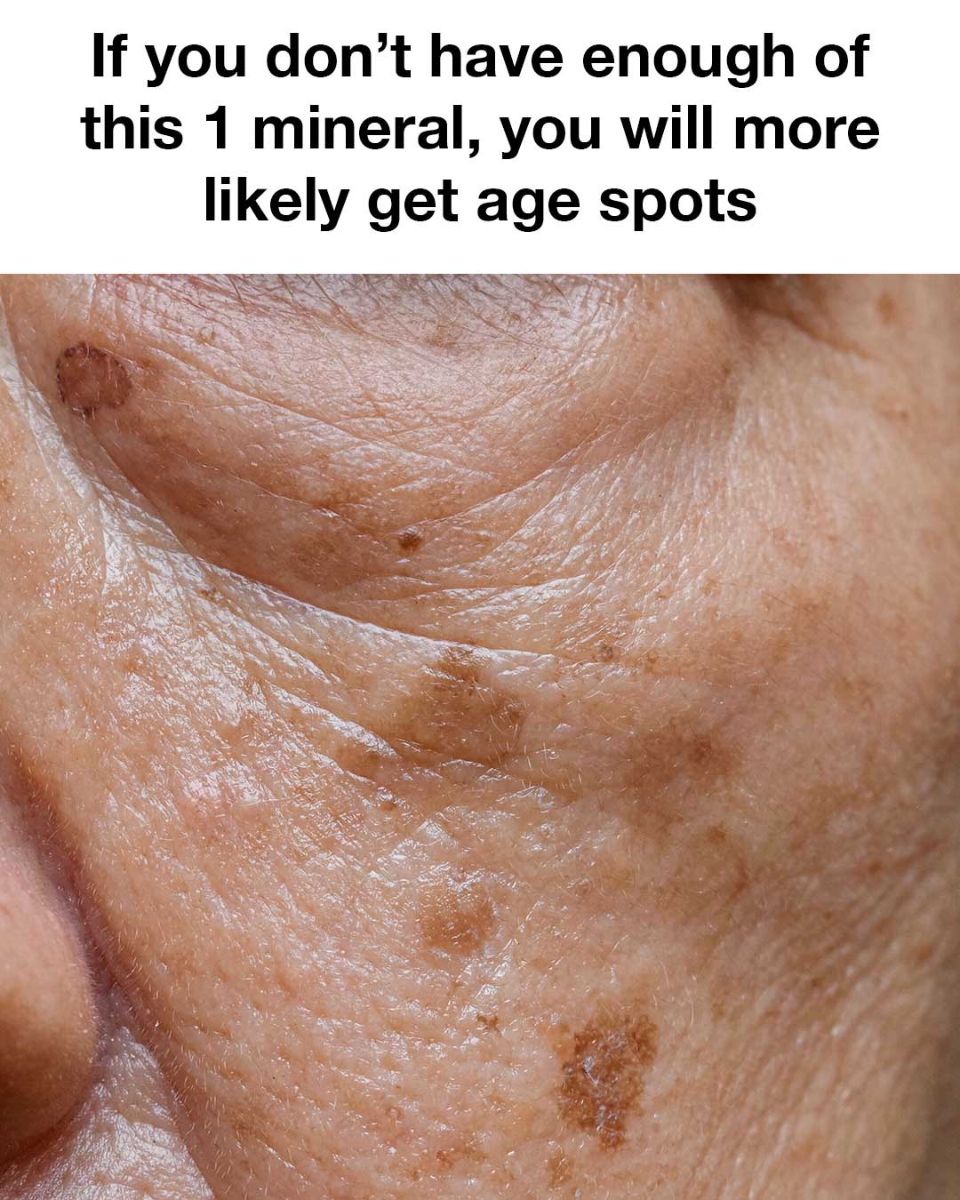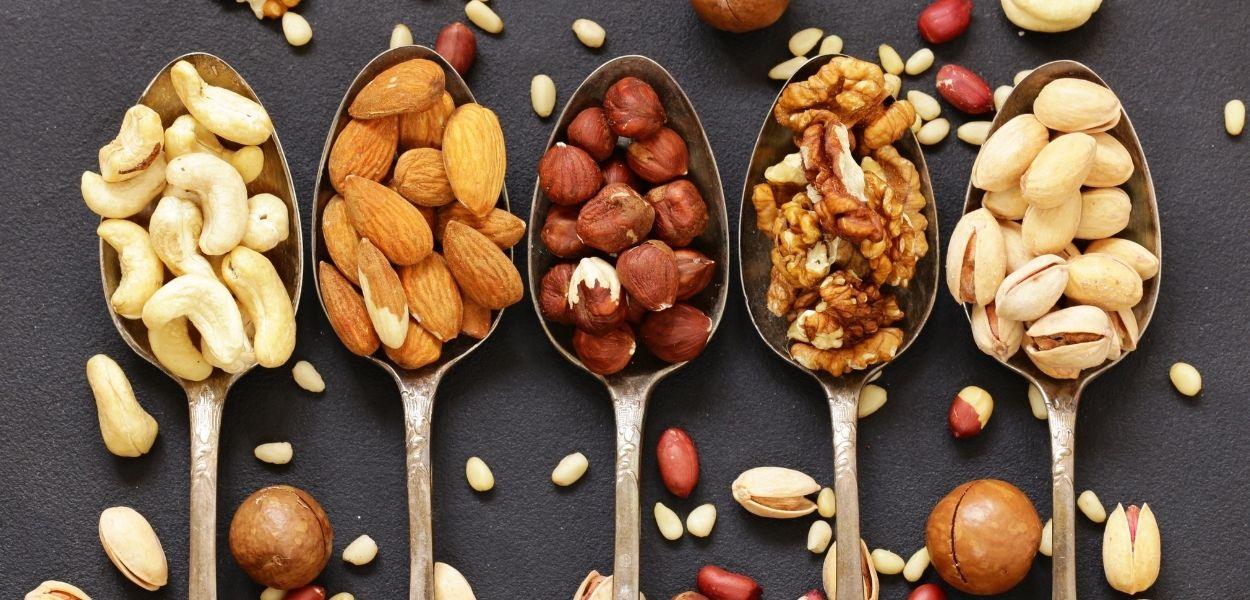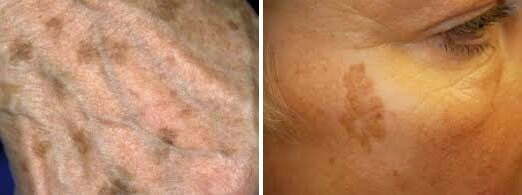
Age spots, also considered as liver spots or solar lentigines, are flat, brown, gray, or black spots that typically appear on sun-exposed areas of the skin.
Understanding the Role of Minerals in Skin Health
Minerals play a vital role in maintaining healthy skin. They are involved in various biological processes, including cell regeneration, protection against oxidative stress, and maintaining the skin’s structural integrity. Essential minerals like zinc, copper, and selenium are particularly important for skin health, as they help protect the skin from damage and support its natural repair mechanisms.

What Is Selenium and Why Is It Important?
Selenium is a trace mineral that is crucial for many bodily functions, including the maintenance of healthy skin. It is a powerful antioxidant that helps protect cells from damage caused by free radicals, which are unstable molecules that can lead to premature aging and skin damage. Selenium also supports the immune system and plays a role in thyroid hormone metabolism.

Dietary Sources Rich in Selenium
Selenium can be found in a variety of foods, with some of the richest sources being Brazil nuts, seafood (such as tuna, halibut, and sardines), and organ meats like liver. Other good sources include eggs, sunflower seeds, and whole grains. Incorporating these foods into your diet can help you achieve optimal selenium levels.
Selenium Supplements: Benefits and Risks

While selenium supplements can be beneficial for individuals with a deficiency, it’s important to use them cautiously. Excessive selenium intake can lead to toxicity, with symptoms such as gastrointestinal distress, hair loss, and nerve damage. It’s best to consult with a healthcare provider before starting any supplementation to ensure safe and appropriate use.















